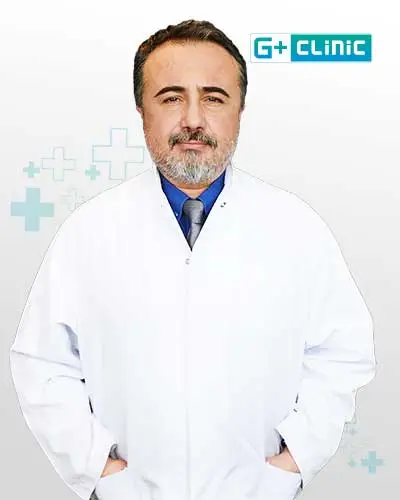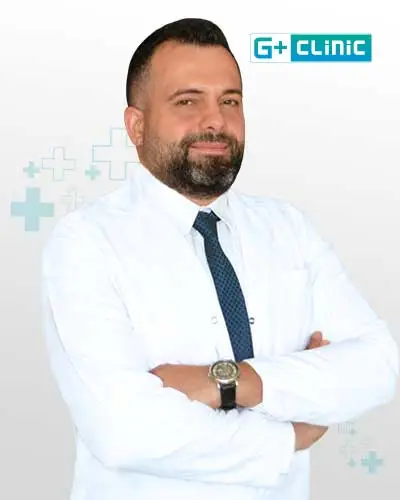Pediatric surgery
Introduction
Pediatric surgery is a specialized field of medicine dedicated to addressing the unique surgical needs of fetuses, infants, children, adolescents, and young adults. We will explore the significance of pediatric surgery, its common procedures, and the impact it has on the lives of children and their families.

Overview
Pediatric surgery is a specialized field of medicine that focuses on surgical procedures for infants, children, and adolescents. Surgeons in this area are trained to handle the unique anatomical and physiological differences in young patients.
Common conditions treated include congenital anomalies, tumors, and traumatic injuries. The goal of pediatric surgery is not only to treat medical conditions but also to ensure the comfort and emotional well-being of young patients and their families.
benefits of pediatric surgery
There are several benefits of pediatric surgery, which we will mention some of them:
• Early intervention:
Pediatric surgery allows for early intervention in congenital and acquired conditions. Conditions managed early often result in better outcomes and improved quality of life.
• Expertise in pediatric care:
Pediatric surgeons are trained to handle the unique anatomical and physiological differences in children, so that they use techniques tailored to minimize trauma and promote faster recovery in pediatric patients.
• Minimally invasive techniques:
Many pediatric surgeries can be performed using minimally invasive techniques, resulting in smaller incisions and less visible scars.
• Improved long-term health:
Early surgical intervention can prevent complications that may arise later in life.
• Psychosocial benefits:
Pediatric surgery facilities often offer child-friendly environments, helping to ease anxiety for both patients and their families.

prepare for pediatric surfery
Before your child has surgery, you should consult with the surgeon, and understand the procedure and what to expect pre and post-surgery. Follow any guidelines provided regarding food, medications, and arrival times. You have to talk to your child about the surgery in a reassuring way, addressing their fears. Create a comfortable recovery space for your child to help them heal after surgery.
Types of pediatric surgery
There are many types of pediatric surgery, which we will mention bellow:
• General pediatric surgery:
Involves common surgical procedures for various conditions, such as appendectomies, hernia repairs, and gallbladder removals.
• Neonatal surgery:
This surgery is specifically designed for newborns, especially premature infants. It addresses congenital defects, such as gastroschisis, omphalocele and congenital diaphragmatic hernia.
• Cardiac surgery:
It focuses on congenital heart defects and other cardiac conditions.
• Craniofacial surgery:
This surgery treats deformities of the skull and face.
• Orthopedic surgery:
It addresses musculoskeletal issues in children.
• Urologic surgery:
It focuses on urinary tract and genital issues, such as hypospadias repair and kidney or bladder surgeries.

recovery after pediatric surgery
Recovery after pediatric surgery is a crucial phase that requires attentive care and support. In the immediate hours following the operation, your child may experience some discomfort, but pain management strategies will be in place. Encouraging fluids and light food as advised by the healthcare team helps ensure they stay hydrated and nourished. Monitoring for any signs of complications, such as unusual swelling or fever, is essential.
risks and complications of pediatric surgery
The risks and complications of pediatric surgery are as follow:
• Anesthesia risks:
Younger patients may react differently to anesthesia, where Children with pre-existing respiratory problems may face complications.
• Infection:
Open wounds can become infected post-surgery. and the infections can spread beyond the surgical site, affecting overall health.
• Bleeding:
Excessive bleeding during surgery can complicate the procedure. Patients may experience bleeding after the surgery, leading to further intervention.
• Organ damage:
Surrounding organs may be inadvertently harmed during surgery.
• Delayed recovery:
Some children may heal slower due to nutritional or medical factors.

What is a pediatric surgery?
Pediatric surgery is a specialized field of medicine focused on the surgical treatment of infants, children, and adolescents. This branch of surgery addresses various conditions, from congenital anomalies to traumatic injuries, and requires expertise in the unique physiological and emotional needs of young patients.
What are the most common pediatric surgery cases?
Pediatric surgery primarily addresses conditions affecting children, with some of the most common cases including appendicitis, congenital malformations, and inguinal hernias. Appendicitis often requires an emergency appendectomy to prevent complications. Congenital malformations, such as spina bifida or cleft lip and palate, frequently necessitate surgical intervention to correct or manage the conditions.
How can I help my child before surgery?
Before a child undergoes surgery, it is essential for parents to provide emotional support and clear communication. Parents can help ease their child’s anxiety by discussing the procedure in simple terms, addressing any fears and reassuring them that they will be okay. Engaging in activities that distract or comfort the child, such as reading a favorite book or playing games, can also help
What is the most common neonatal surgery?
The most common neonatal surgery is the repair of gastroschisis and omphalocele, which are congenital conditions involving the abdominal wall. In gastroschisis, the intestines protrude through a defect in the abdominal wall, while in omphalocele, organs are covered by a thin membrane and remain within the umbilical cord.
Is anesthesia bad for children?
Anesthesia can be a source of concern for many parents when it comes to their children. While most pediatric anesthesia is considered safe, there are some potential risks involved. Research suggests that certain types of anesthesia may have an impact on brain development in young children. However, healthcare professionals carefully assess each child’s individual needs before administering anesthesia.
Results
Pediatric surgery is a specialized field that focuses on the surgical needs of infants, children, and adolescents. By combining advanced surgical techniques with a compassionate approach, pediatric surgeons play a crucial role in the overall health of children.

Request Now!
Don't waste your time, discover a new you!
OUR PARTNERS HEALTHCARE PROVIDERS
OUR CONTRACTED HOSPITALS










Our Team
Meet our experts
What can we offer you?
Wide range of medical services
G PLUS CLINIC is renowned for its outstanding medical services, catering to a diverse range of healthcare needs. With a focus on providing comprehensive care and utilizing advanced technologies, the clinic offers a wide array of medical services to ensure the well-being of its patients.
Emergency services
Great facilities
Reliable nursing staff
Affordable prices
A surgeon you can rely on
Hotel visits
Free consultations
Medical translation

G PLUS CLINIC stands out for its exceptional medical services, encompassing specialized consultations, state-of-the-art diagnostics, efficient outpatient care, preventive healthcare, surgical expertise, and advanced rehabilitation services. With a focus on patient well-being and utilizing the latest medical technologies, G+ Clinic ensures a holistic approach to healthcare, making it a reliable choice for individuals seeking comprehensive medical solutions.
Testimonials
Our clients' reviews





















